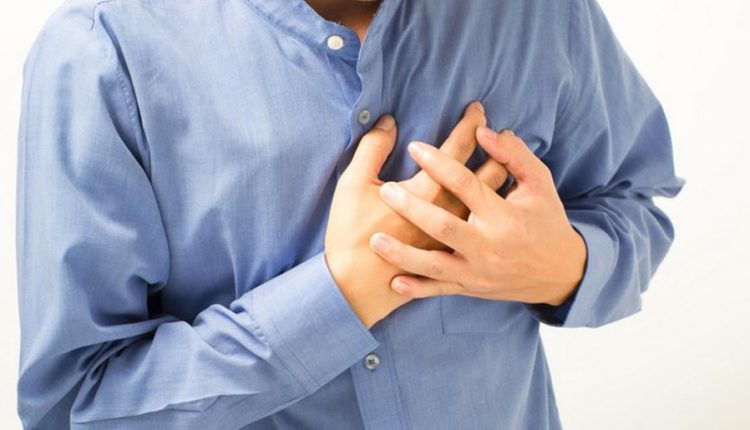
Decompensated shock: which are the solutions in emergency?
What happens when the body is not able to maintain its body pressure and a decompensated shock is suspected? The vital organs are no longer perfused and it can take the patient to death.
With a compensated shock, the body has the capacity to maintain its blood pressure. However, as the shock intensifies, the human body becomes unable to keep up. At this moment, the perfusion of vital organs is no longer maintained. Symptoms of decompensated shock include:
- Falling blood pressure (systolic count of 90 mm Hg or lower in adults).
- Tachycardia and tachypnea.
- Little urine output.
- Laboured and irregular breathing.
- Weak, thready or absent peripheral pulses.
- Ashy or cyanotic pallor.
- Reduced body temperature.
- Decreased mental status.
- Dilated pupils.
With a decompensated shock, it is essential to request advanced life support measures for the patient. Priority should be given to the management of the airway and treatment of the underlying cause of shock.
A decrease in blood pressure is often an indication of late-stage trauma and treatment should start well before this is detected. If the condition remains untreated, it will advance into irreversible shock, which ultimately results in the death of the patient.
Decompensated shock treatment
The key to dealing with shock efficiently is a quick response. If it could be treated before reaching the decompensated stage, that is ideal. In many significant life-threatening situations, the development of shock needs to be anticipated.
Many medical aid providers will refer to a ”golden hour” or ”golden period”, a window in which care should be provided as quickly as possible, and if successful, the patient will not suffer any lasting damage. This needs a rapid assessment of the patient and quick transport to a trauma facility.
Oxygen for decompensated shock
Supplemental oxygen may be provided if oxygen levels in the blood are reduced; the Heart Failure Society of America, however, advises against it being used routinely.
Decompensated shock medication
The initial treatment of a decompensated shock generally has a combination of a vasodilator like nitroglycerin, a loop diuretic such as furosemide, and non-invasive positive pressure ventilation (NIPPV).
Combinations of different medications are required for people who are experiencing such heart failure. Commonly recommended medicines in such cases include ACE inhibitors, vasodilators, beta-blockers, aspirin, calcium channel blockers, and cholesterol-lowering medications, including statins. Depending upon the sort of heart damage a patient faces and the underlying cause of the cardiac arrest, any of these drug classes or a combination of them can be chosen to be administered.
Patients with heart-pumping problems will have a different drug combination than those who are going through problems with the heart’s ability to fill properly during diastole.
Surgery in decompensated shock
If required, the doctors recommend surgery to be performed in order to deal with the underlying complication that led to heart failure. Various treatments are available for the condition, depending on the level of necessity and include coronary artery bypass surgery, heart valve repair or replacement, or heart transplantation.
During these surgical operations, devices such as heart pumps, pacemakers, or defibrillators might be implanted into the body of the patient. The treatment of heart problems are swiftly changing, and new therapies for acute heart failure treatment are being brought in to save more and more lives from these massive attacks.


